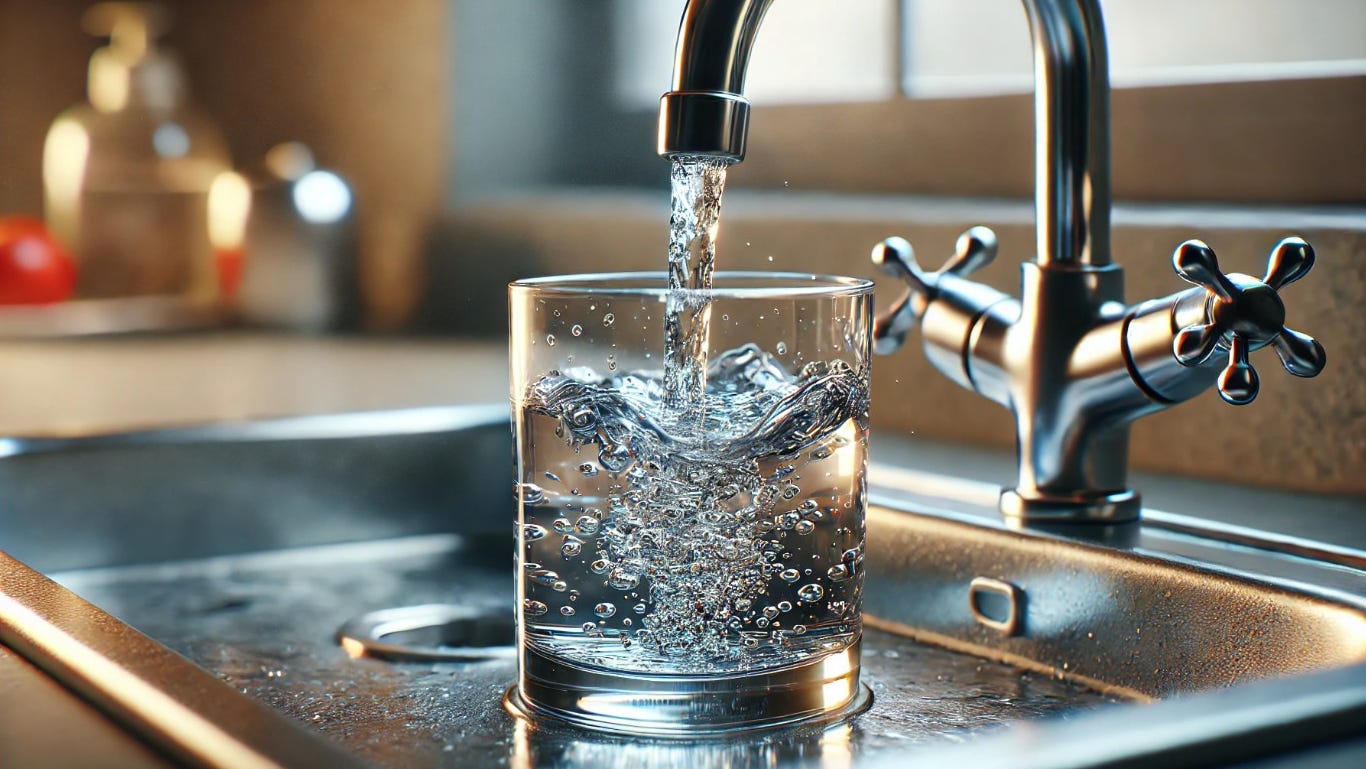Annual Drinking Water Treatment Change to Begin in Holly Springs in March
Although the water will remain within state and federal safety guidelines during the treatment, certain individuals and businesses should take precautions.
Holly Springs, NC, Feb. 5, 2025—Due to an annual adjustment in the water treatment process, Town residents may notice a stronger chlorine taste and odor in their drinking water starting March 1st and lasting through April 14th. The change is part of a state-recommended practice to maintain water quality.
Why Is This Happening?
The water treatment plant supplying Holly Springs temporarily switches from chloramines (chlorine and ammonia) to free chlorine each year. This process helps cleanse the water distribution system by removing biofilms and preventing nitrification, which can degrade water quality. While the usual switchover lasts one month, this year’s treatment will be extended through April 14th due to maintenance at the water treatment plant.
Precautions for Sensitive Groups
Although the water remains within state and federal safety guidelines, certain individuals and businesses should take precautions:
Kidney dialysis patients: The water may contain chloramines, chlorine, or a mixture of both between March 1st and April 14th. Dialysis providers should ensure that water purification systems account for these fluctuations.
Fish and aquarium owners: Free chlorine is more toxic to aquatic life than chloramines. Appropriate filtration and dechlorination treatments should be used.
For further questions, residents can contact Holly Springs Utilities & Infrastructure at (919) 577-3150.
What to Expect & Potential Downsides
Some residents may notice a stronger chlorine smell or taste in their tap water.
Water may appear slightly cloudy or discolored as pipes are flushed.
The switch to free chlorine may cause minor pressure fluctuations in some areas.
The transition could increase pipe corrosion in older plumbing systems.
Chlorine can react with organic material in the water supply, forming disinfection byproducts (DBPs), though these levels are monitored to ensure safety.
To minimize the impact, residents can let water sit for a few hours, refrigerate it, or use a carbon-based water filter to reduce the chlorine taste and odor.
What Are Other Towns Doing?
The annual switchover affects multiple towns across the region that receive water from the same system. Neighboring municipalities such as Apex and Cary will also transition to free chlorine in March, with similar precautions for their residents. Each town will resume chloramine disinfection by mid-April.
Residents should be aware of these temporary changes and take the necessary precautions. For additional updates and water quality reports, visit the Holly Springs Utilities website or call the town’s utility office.

